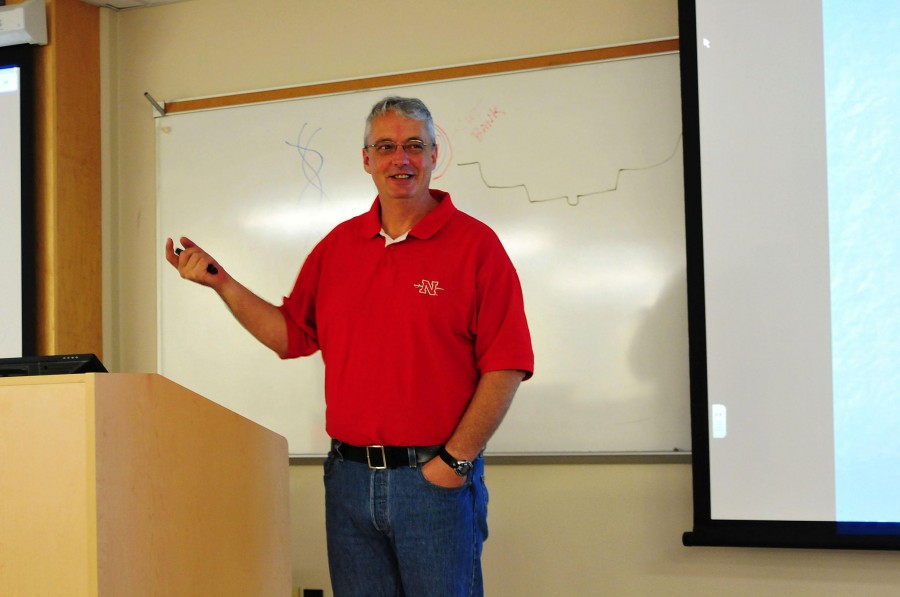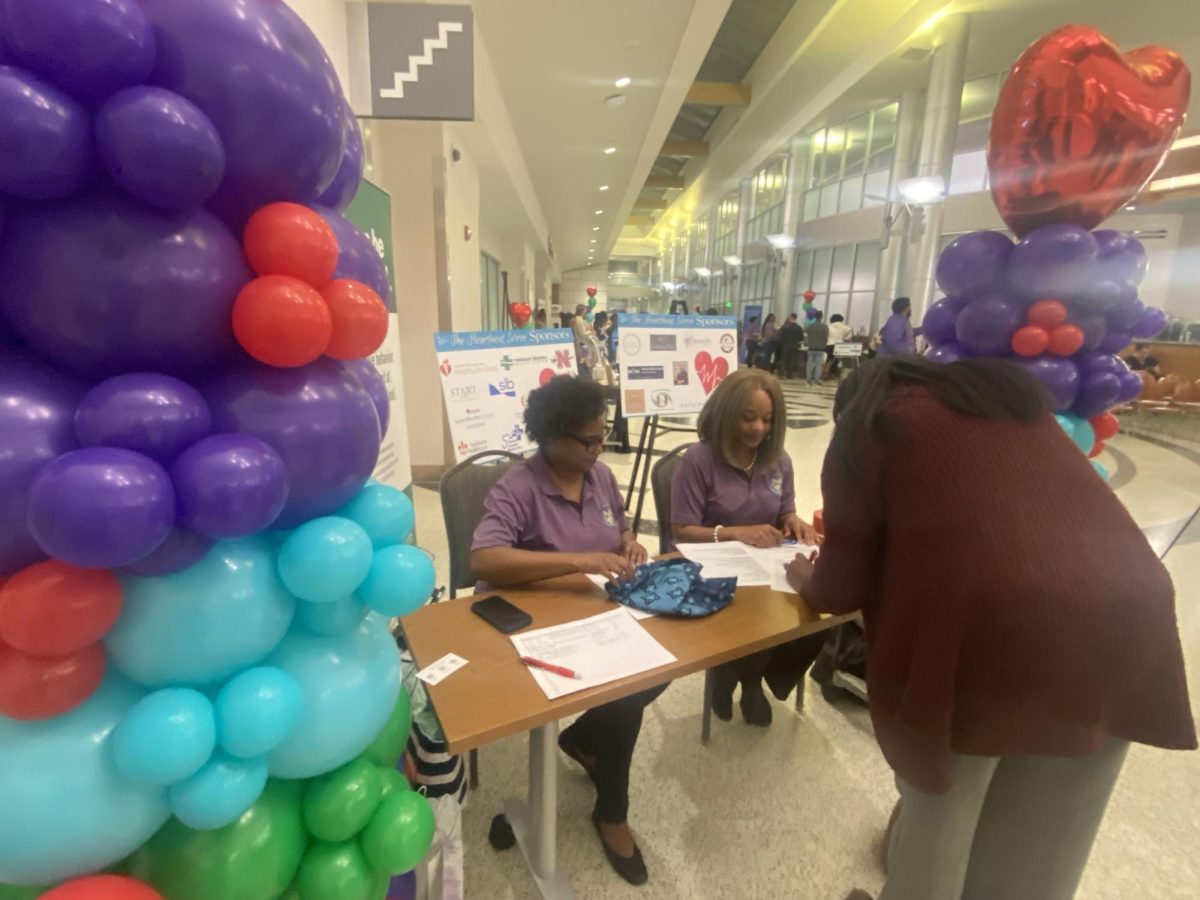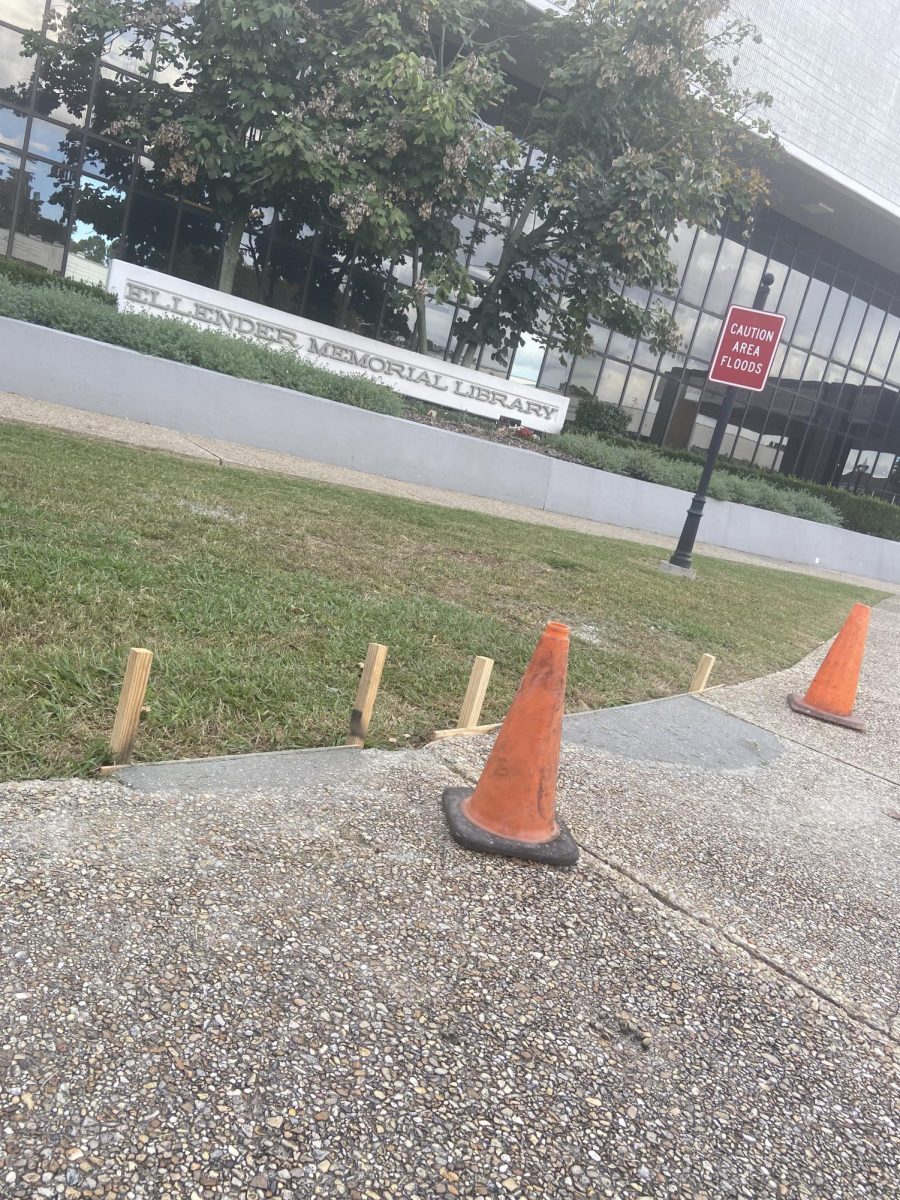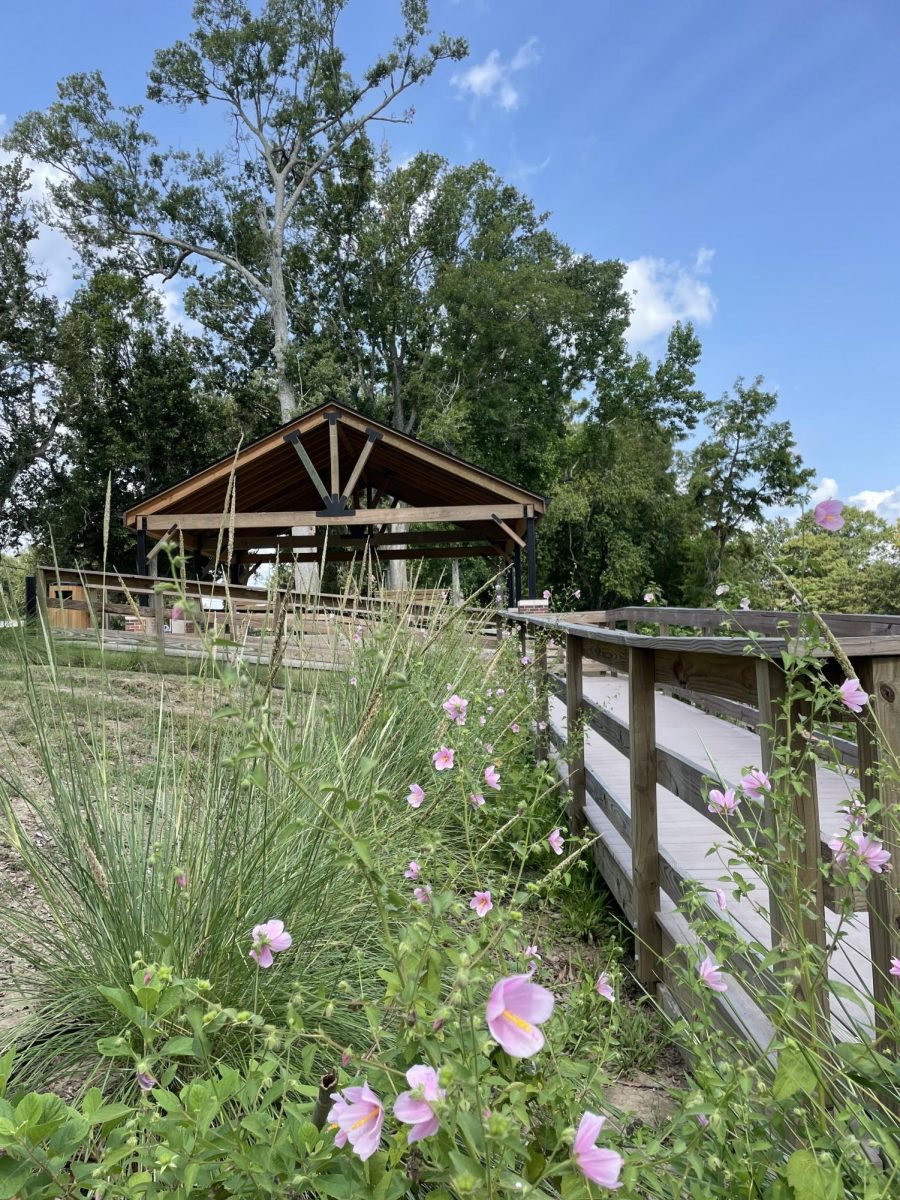Procrastination and cramming are a student’s worst enemies for the last few days of school according to professors at Nicholls.
Cramming is a rampant monster that consumes 48 percent of college students under the age of 24 who cram for final exams, according to BBC News.
Procrastination is another monster that students fight within these last few weeks of school. According to BBC News, procrastination is caused due to a student’s poor time management, fear and anxiety and difficulty concentrating.
Professors encourage students to fight these enemies and start studying before or during the break. Exams start Dec. 1, which is three days after the Thanksgiving break.
While students are stuffing their faces with home cooked meals, professors urge students to read over their notes for class.
“Students should read and rewrite their notes,” Monique Boudreaux, associate professor of psychology, said. “It is best to rewrite it because it helps jog your memory in a different way by processing it in two formats of reading and writing.”
The library will be a hot spot in the next few days for students. Boudreaux says change the environment to help you remember your notes effectively.
“Students can study outside, at their desk, at their house during the break or in their kitchen,” Boudreaux said. “Having different places to study can help trigger your thinking for remembering notes.”
Boudreaux was a student at Harvard University and University of California at Los Angeles. She used the same tips her professors taught her.
“When I was at UCLA, I had a cognitive psychology professor that gave us tips on what cognitive psychologists found on improving your memory and applying them to study better,” Boudreaux said. “I used those tips for studying for my exams.”
Every student is different with his or her study techniques. Some students have trouble studying their notes from their notebook or just writing down the terms.
“Different things works for different people, so if you study with music, use music,” Leslie Jones, professor of teacher education, said. “If you find a quiet area, study there. Find the strategy that works best for you.”
Connie Sirois, instructor of English and business communication, gives tips to freshmen for studying.
“Make sure you are writing down what you are learning in class,” Sirois said. “Studying starts when you hear the material in class.”
“You should go over the notes you take in class,” Sirois said. “Review them and make sure you understand everything. Fill in the gaps that you do not know.”
Professors repeatedly say that students should go over their notes daily.
Michael Jeffress, instructor of speech, uses his personal quote to push students to study more.
“The biggest study tip that I give my students is ‘By the inch it’s a synch; by the yard it’s hard,” Jeffress said. “This means that if you know the exam is coming up well in advance, you should get started on it and set goals for yourself to study. It is easier to get this done in advance instead of cramming.”
Jeffress explains he did not practice perfectly what he preached, but he did stay on top of assignments when he was a student in college.
“I kept a personal planner. Now y’all kids have iPhones that can do all of that for you now,” Jeffress said. “Take advantage of the free time that you have.”
So students, it is time to buckle down and push the leftovers aside to defeat the monsters of procrastination and cramming. Let the studying begin.








